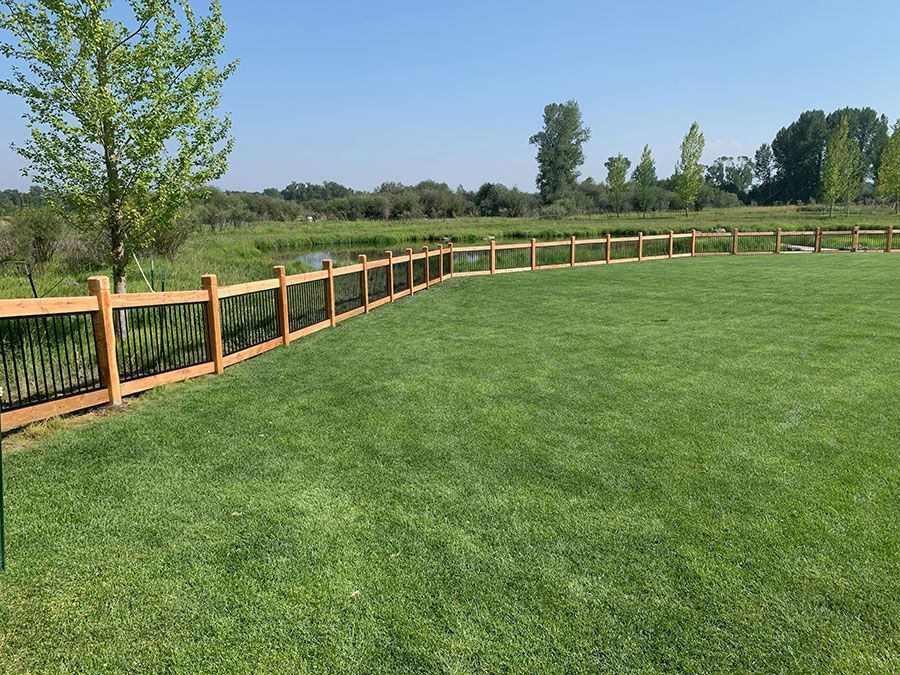You don’t need a professional to keep your fence in great shape. With the right equipment and some basic knowledge, you can easily handle common fence problems on your own. Here’s how to do basic fence maintenance yourself.
Essential Tools for DIY Fence Maintenance
Before diving into fence maintenance, make sure you have the right tools on hand. Here's a list of essentials for most DIY fence care projects:
- Hammer – Ideal for fixing loose nails or damaged boards
- Screwdriver – Perfect for adjusting screws in both wood and metal fences
- Post Level – Ensures your fence posts stay perfectly vertical
- Paint or Stain – Using paint or stain protects wood from the elements and prolongs its lifespan.
- Wire Cutters – Useful for trimming wire fences or cutting away tangled vines
Step-by-Step Fence Repair Guide
Repairing a Loose Board
If you notice a loose or damaged board, fixing it is relatively simple:
- Use a hammer or screwdriver to remove any loose nails or screws.
- Reposition the board and fasten it with fresh nails or screws.
- Consider adding a corner bracket or additional reinforcement to ensure stability.
Tips for Sealing and Staining Wooden Fences
To protect your wooden fence and maintain its appearance, staining or sealing is essential:
- Begin with a thorough cleaning, ensuring you remove all dirt, debris, and mildew.
- Choose a suitable stain or sealant for outdoor use.
- Apply evenly with a brush or sprayer, starting from the top and working your way down.
- Let the stain dry fully before using the fence again.
When to Call a Professional for Fence Repairs
Some fence issues go beyond DIY repairs. While simple tasks like tightening screws or replacing damaged boards are easy, complex problems might need expert attention:
- Major structural issues, like leaning posts or a sagging fence.
- Electric fences or high-security fences that need specialized skills.
- Severe weather damage that could threaten the structural integrity of your fence.
If you're unsure whether your repair is beyond your skill level, it's always better to call a pro. It can save you time, money, and potential frustration in the long run.
